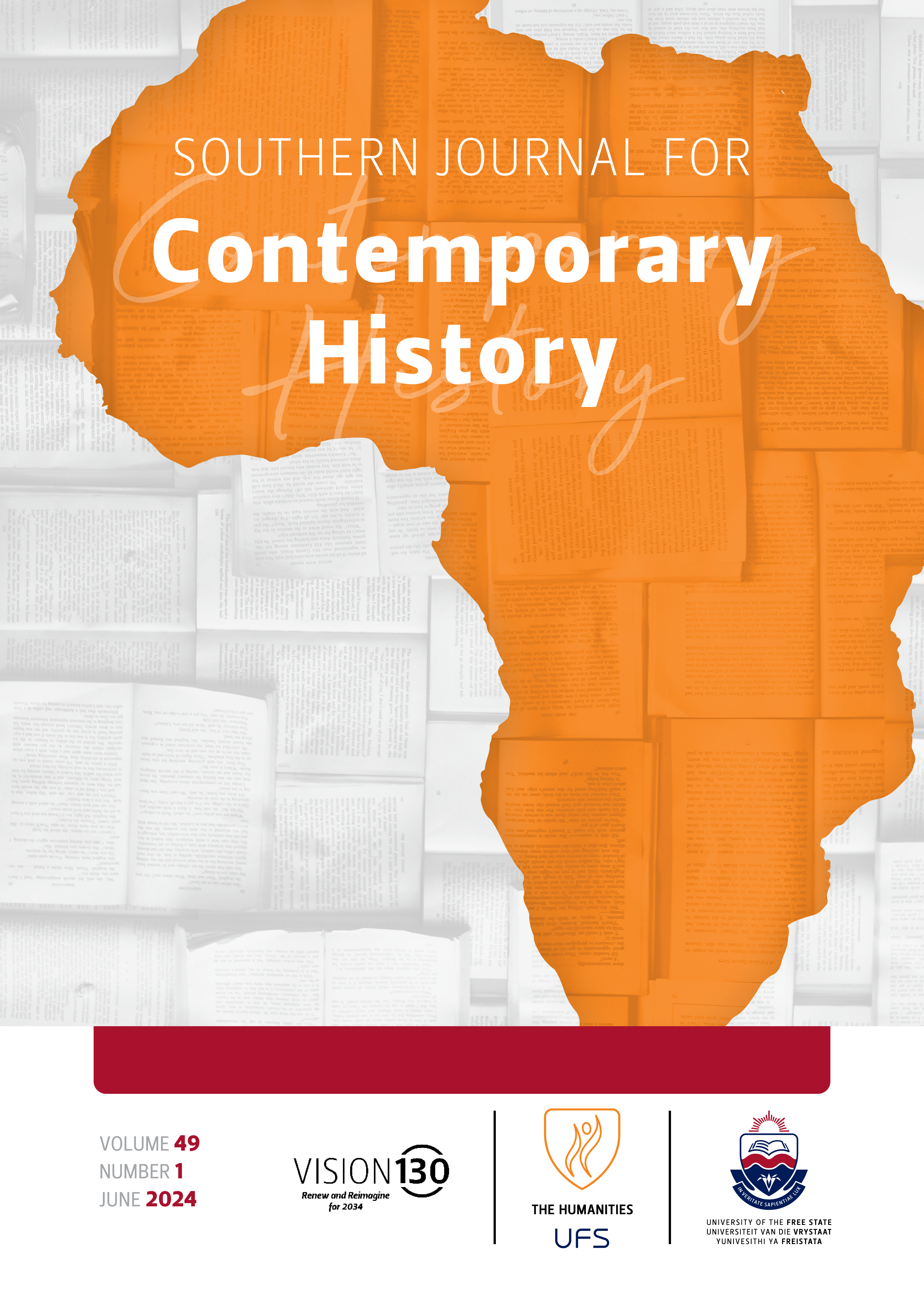A history of Congolese and Rwandese immigrants in Harare’s urban transport sector 1993-2022
DOI:
https://doi.org/10.38140/sjch.v49i1.7644Keywords:
Economic empowerment social networking analysis economic nationalism South-to-South Mobility de-regularisationAbstract
This article traces the involvement of the Congolese and Rwandese in the Harare urban transport sector by engaging with the challenges and successes they registered from 1993 to 2022. Despite the wave of economic nationalism and challenges that have affected Zimbabwe over the past decades, the Congolese and Rwandese transport operators have survived. The study argues that the reasons for the survival of Congolese and Rwandese transport operators over the past decade can be understood within their economic ties or social networks to a greater extent. However, local links play a complementary role. Despite their seemingly insignificant numbers, Congolese and Rwandese immigrants are a force to reckon with as they play a crucial role. The article moves away from the conventional approach of focusing on South-to- North migration by looking at South-to-South migration. It also demonstrates how those considered to be on the margins of the state seek to contest their marginality, registering their visibility. Moreover, Zimbabwe is a country punctuated with crisis discourse, and this article offers a paradoxical case in point on Congolese and Rwandese immigrants who resettled in Zimbabwe. The article deploys oral histories from the key participants and primary and secondary sources to critically examine the resettlement and survival of immigrants in Zimbabwe. It concludes that foreign players in the transport sector cannot be ignored for long since evidence indicates that they play a significant role in their small numbe
Downloads
##submission.downloads##
Published
How to Cite
Issue
Section
License
Copyright (c) 2024 Brian Maregedze, Thembani

This work is licensed under a Creative Commons Attribution 4.0 International License.




